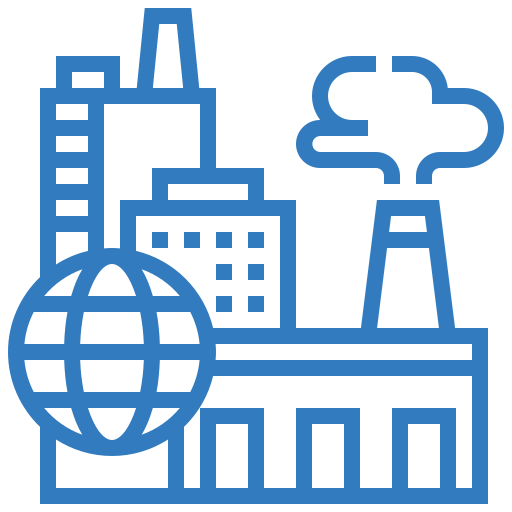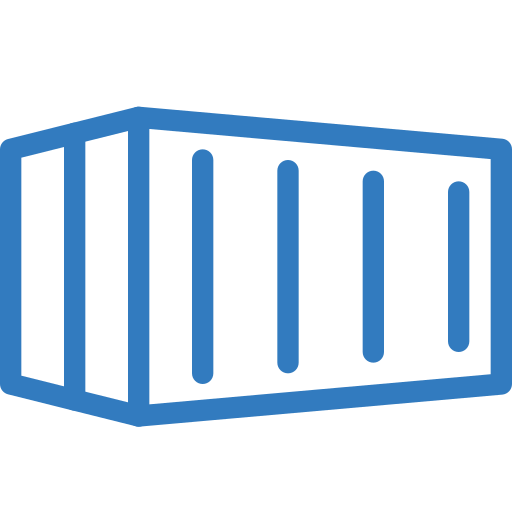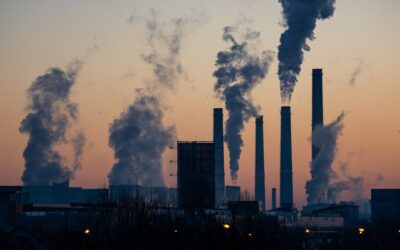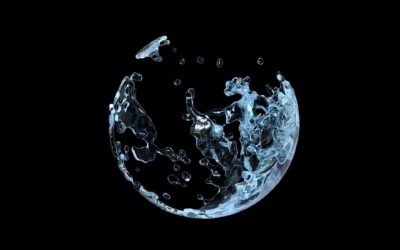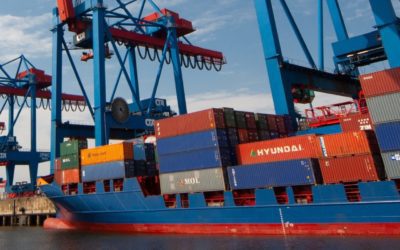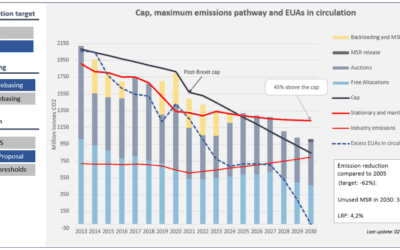We’re a non-profit climate change think tank which uses data analysis to build evidence-based campaigns on climate policy
We focus on EU policies such as the EU Emissions Trading Scheme, carbon border adjustment mechanisms and emissions reductions in industrial sectors. We believe in Europe’s ability to lead climate action by example and use its large market and ability to stimulate technological competition as an incentive for others to follow. But we’re also aware of the risk that Europe might fail to deliver on its own pledges, which is why we want to get EU climate policy right.
Our Work
Carbon Pricing
Our accomplishments on Carbon Pricing
Industry
Our policy recommendations on EU industry
CBAM
Our work on the Carbon Border Adjustment Mechanism
Data Tools
Explore all of our data tools
Financing
Our research on EU funding
Publications
Urgent: CBAM needed to abolish free allocation under the EU ETS
Why was the CBAM proposed in the first place? In July 2021, the EU announced its Fit for 55 package - a sweeping set of climate and energy policy proposals which forms the EU’s approach to combat...
Feedback on the EU ETS reform
Sandbag welcomes the opportunity to provide feedback on the update of the EU ETS under the FF55 package. Our analyses [1] show that the proposed changes are not enough to guarantee that emissions...
Supply-demand analysis of EU ETS reform: Letting Industry Loose
This note aims to put numbers on the amendment proposed by the European Commission to the Directive ruling the European Emissions Trading Scheme (ETS) as part of its Fit-for-55 package, and its...
A storm in a teacup: impacts and geopolitical risks of the European Carbon Border Adjustment Mechanism
Report | A storm in a teacup Impacts and geopolitical risks of the European Carbon Border Adjustment Mechanism. Sandbag and E3G were commissioned by Energy Foundation China to analyse the impact of...
New study shows limited trade impacts of European Carbon Border Adjustment Mechanism
The impact of the likely Carbon Border Adjustment Mechanism (CBAM) on European importers will be minor, according to a new report by Sandbag and E3G. The CBAM only covers 3.2 percent of goods...
ETS reform: under the hype, a sense of déjà-vu
On 14 July a long-expected reform proposal of Europe’s carbon market was published by the European Commission. Far from addressing the market’s main issues, it barely adds a few patches and...
TESTIMONIALS
Sandbag is recognised as a top global climate think-tank

Mundo Matogné. Rue d’Edimbourg 26, Ixelles 1050 Belgium. Sandbag is a not-for-profit (ASBL) organisation registered in Belgium under the number 0707.935.890. EU transparancy register no. 277895137794-73. VAT: BE0707935890


